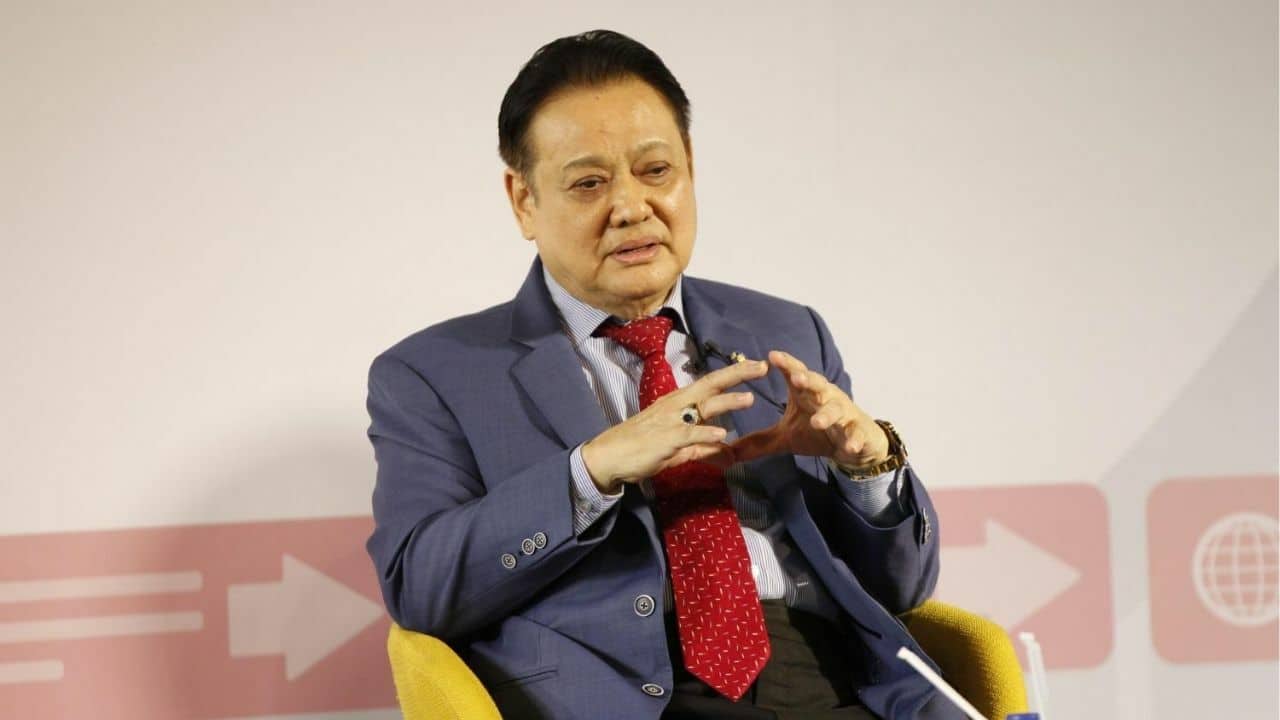EconThai warns against dissolving House amid political unrest
Tanit said Paetongtarn resigning could help, prioritising economy over elections

The Employers’ Confederation of Thai Trade and Industry (EconThai) has advised against dissolving the House of Representatives to tackle the weakened political stability in the wake of a leaked phone call between Prime Minister Paetongtarn Shinawatra and Hun Sen, former Cambodian prime minister.
Tanit Sorat, vice-chairperson of EconThai, expressed concern about the potential political vacuum that could result from dissolving the House. He emphasised that organising a new election and forming a new government could take approximately five to six months.
The country is currently grappling with a sluggish domestic economy, a territorial dispute with Cambodia, and ongoing trade negotiations with the United States aimed at reducing high tariffs on Thai imports, according to Tanit. He added that dissolving the House would also impact the consideration of the government’s 3.78 trillion baht budget for fiscal 2026.
Tanit suggested that Paetongtarn’s resignation might benefit the country, which should focus on economic solutions rather than halting key public policies for a new election.
The prime minister apologised to the public during a recent news conference for the leak of her discussions on the border conflict, which some perceive as disadvantageous for Thailand. She faces pressure from certain politicians and the public to resign.


Public trust in the government has diminished, exacerbated by the Bhumjaithai Party’s withdrawal from the coalition, Tanit noted. This situation could deter investor confidence, particularly among foreign investors who might delay new projects, according to Kasemsan Sujiwarodom, chief executive of MAI-listed Kijcharoen Engineering Electric (KJL).
KJL, a manufacturer of electrical control cabinets, primarily supplies products for new house or building construction projects. Their target customers include data centre developers requiring equipment to manage substantial electricity loads, reported Bangkok Post.
Despite concerns about government instability affecting new investments, KJL anticipates continued demand for its products from entrepreneurs transitioning to renewable energy, particularly rooftop solar power, as Thailand works to reduce its carbon dioxide emissions. These shifts are expected to drive demand for electrical control cabinets.
Latest Thailand News
Follow The Thaiger on Google News:


























